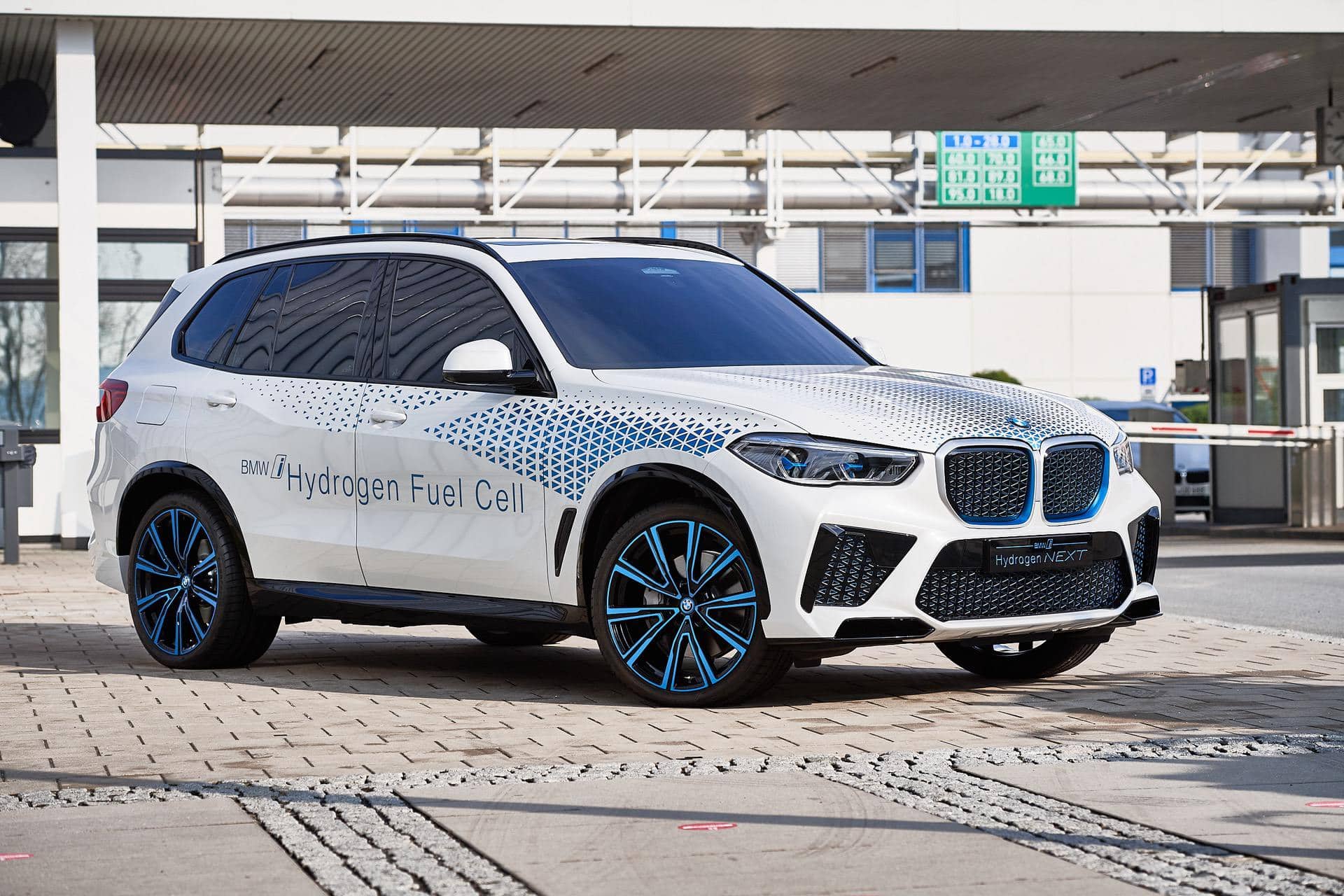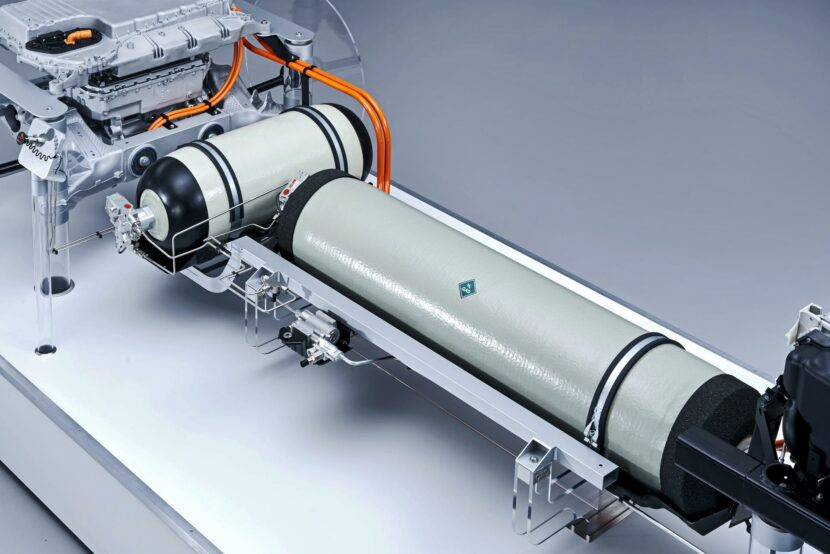BMW is one of the very few car makers that has actually experimented with hydrogen-powered cars in the past. The Bavarian company also seems to be one of the very few that is actually looking at other solutions apart from battery-powered electric vehicles for our sustainable future. During this week’s annual shareholder meeting, BMW CEO Oliver Zipse reiterated the company’s interest in the subject matter.
Zipse mentioned that the company is moving forward with its plans of creating a small batch of BMW X5 models that are going to be powered by a fuel-cell powertrain. This is hardly news, as the Bavarians have made this announcement in an official manner as far back as 2020 but a lot of people thought they might back off from these plans considering how everyone seems 100% focused on battery electric vehicles right now.
The CEO’s mention of these hydrogen-powered cars comes as many are pondering whether the battery-powered EVs we’re focusing on might not actually create a bigger problem down the line. Even so, BMW is not dropping its plans for electric vehicles in the slightest. The company will keep investing in their development, including solid-state batteries. To this end, BMW has already joined forced with other big names in the industry to try and bring out a scalable product.
What we need to remember here is that the prototypes that will be released next year, in the shape of fuel-cell BMW X5 SUVs will show how the German company envisions a hydrogen-powered future. Right now, Toyota – a BMW R&D partner for the last decade – already has a running fuel-cell car on offer, namely the Mirai. Sales are not exactly outstanding mostly because of a lack of infrastructure but what the Japanese company showed by putting the Mirai into production was proof that the technology is here and could be use, should the customers demand it. At the end of the day, manufacturers will only sell what the customers want to buy.



















































